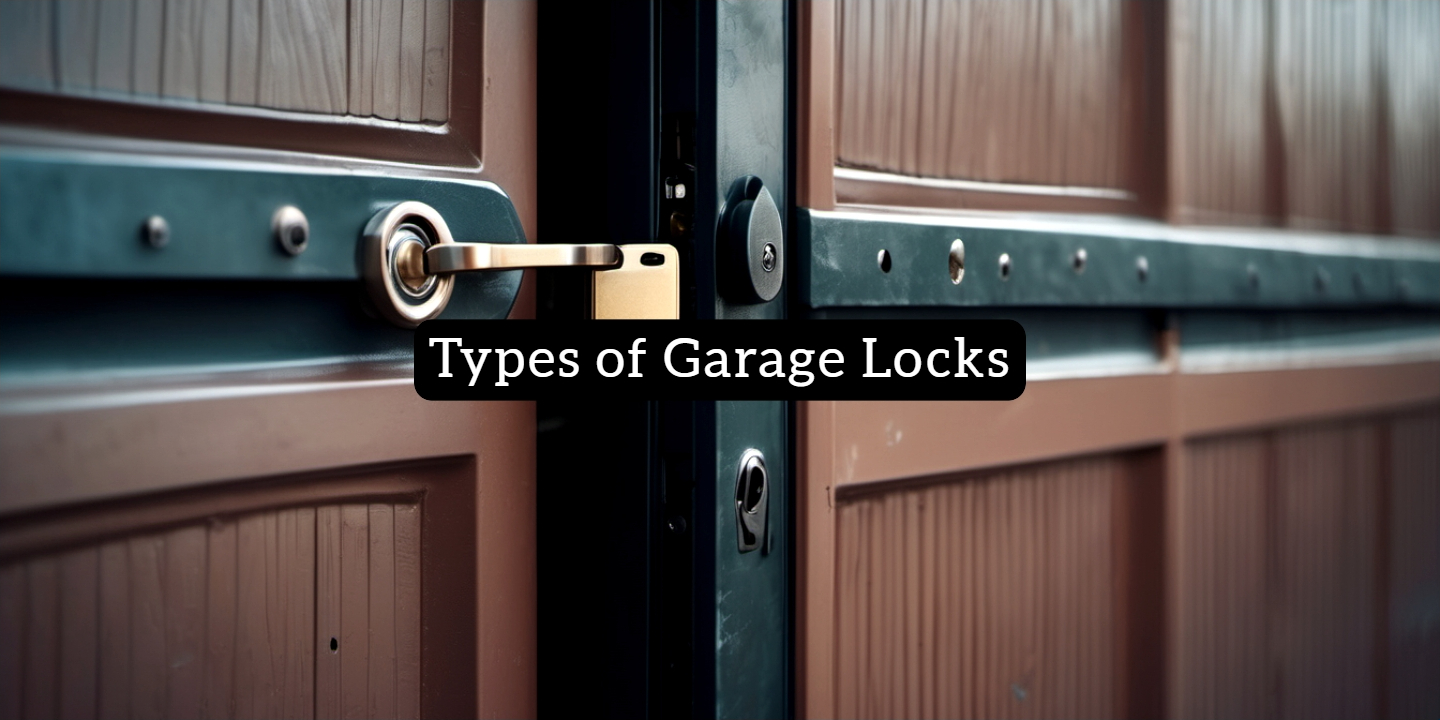Usually, a garage is more than just a parking space for a beloved car. So naturally, installing a lock seems like the right decision. But how do you pick one?
That’s where we come in, to help you discover the types of garage locks. The world of garage door locks isn’t a one-size-fits-all deal. It’s a bustling market, with classic options and smart openers, so guidance is more than needed.
We’ll get you through the most common types, cover the pros and cons of each one, and help you make a decision. And if you wonder if you’ll be able to install the lock yourself, we’ll answer that question too. Let’s get started!
What is a Garage Lock?
At its core, a garage door lock is a security device specifically designed to protect your door, stopping unauthorized entry and guarding your belongings. Unlike standard locks, they work by engaging with the garage door’s unique opening mechanism, typically the track or the panel itself.
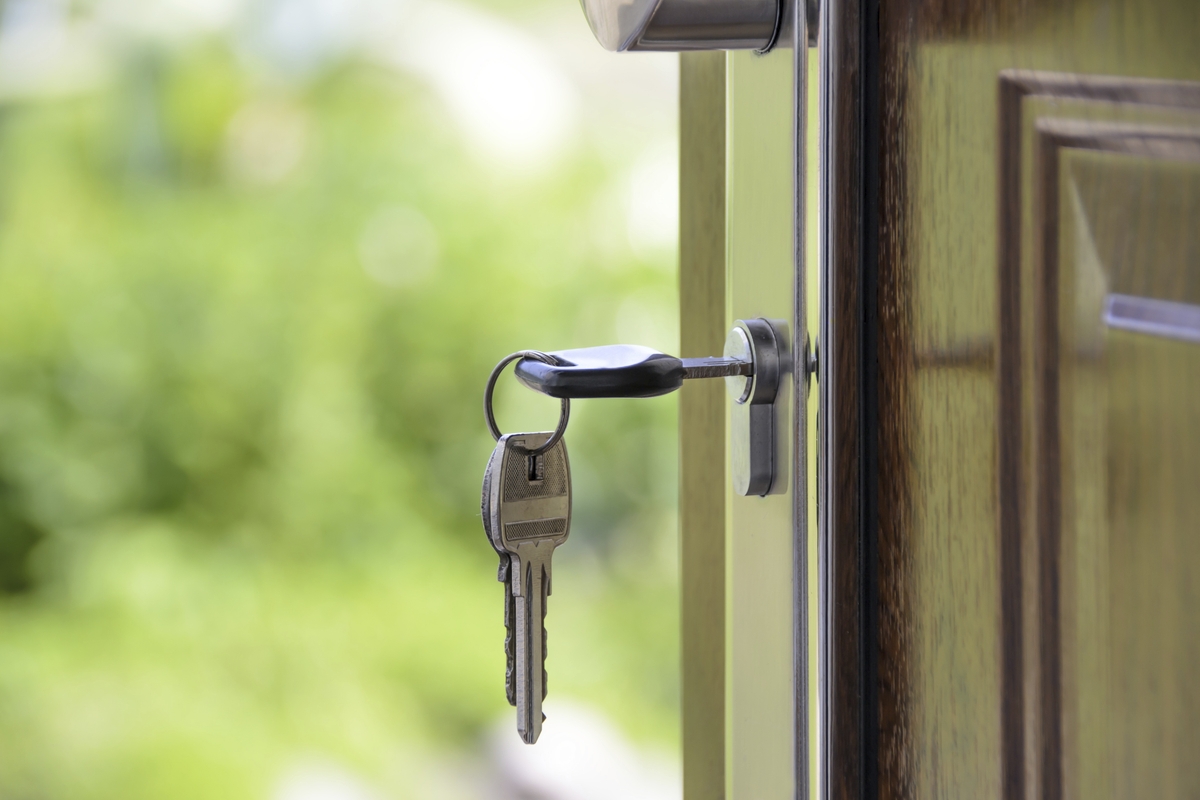
You may also like: 7 Best Garage Door Keypads
Should You Lock A Garage Door?
Imagine your prized tools, bikes, or treasured lawn gnome vulnerable to opportunistic thieves. Leaving your garage unlocked is like waving a welcome flag to anyone with sticky fingers. A good lock acts as a deterrent, making your garage a less tempting target and potentially saving you the heartache of stolen possessions.
Security isn’t just about physical barriers. Ensuring that your garage is locked can help you feel more at ease, and you know your belongings are safe even when you’re away. This sense of security can be especially valuable if you store sentimental items, important documents, or anything irreplaceable in your garage.
It can also contribute to the safety of your home. Some garages have direct access to your house, making them potential entry points for intruders. A secure door adds a layer of security, potentially deterring criminals before they reach your front door.
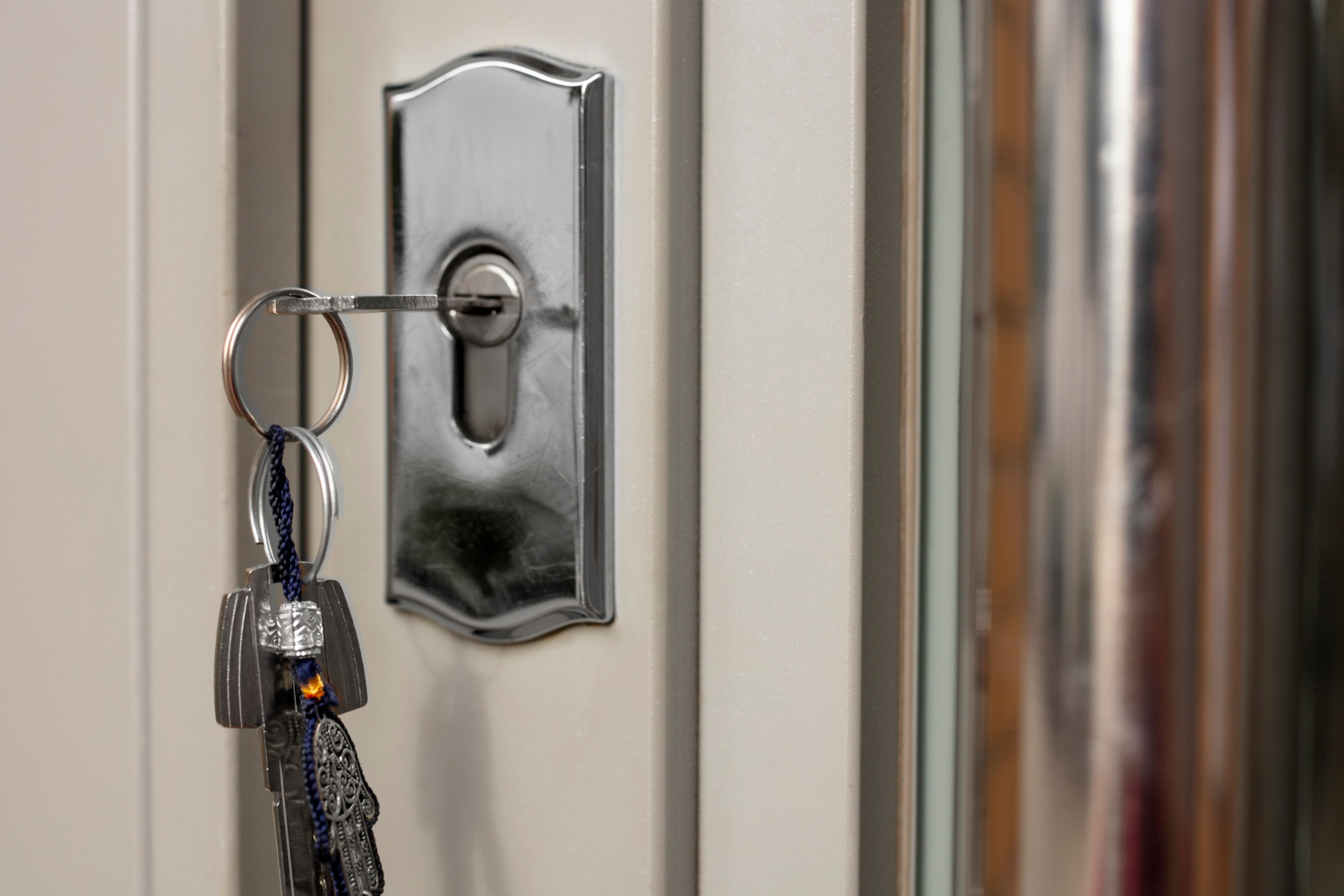
Remember:
Locking the door is crucial, but don’t forget the surrounding vulnerabilities. Secure windows and any secondary access doors with appropriate locks. Think of adding outdoor lighting and motion sensors to deter intruders further. Remember, security is a layered approach, not a one-size-fits-all solution.
How Does a Garage Lock Work?
Imagine a well-coordinated team working in concert to safeguard your garage. At the heart lies the control box, the intelligent conductor orchestrating the entire operation. This electronic marvel receives input from various sources, including:
- The Access Interface: Keypad, remote control, or even smartphone app – these act as the entryway for authorized access, transmitting unique signals to the central hub.
- The Control Unit: The mastermind behind the operation, deciphering these signals and determining who gains passage.
- The Locking Mechanism: Sturdy bolts and latches attached to the garage door track – the muscular arms that physically restrict unauthorized entry.
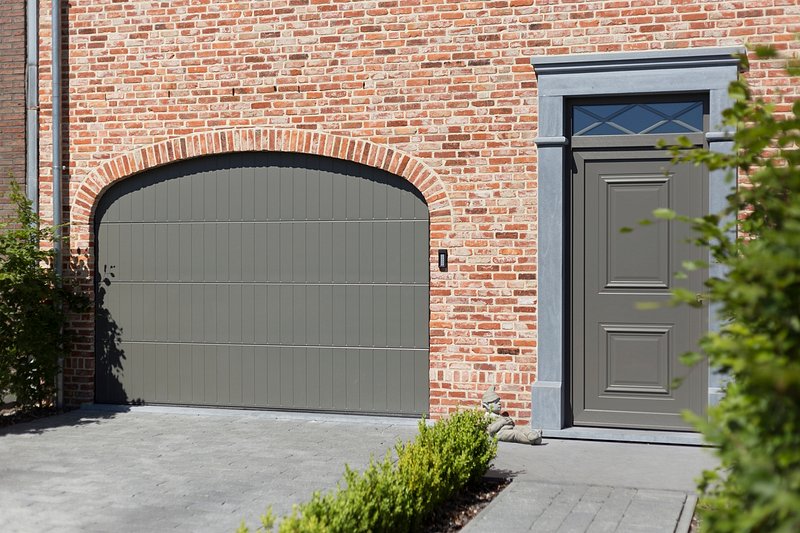
Check also: Universal Garage Door Bottom Seal Reviews (Top 7 Goods)
Different Types Of Garage Locks
Instead of a monolithic fortress, the world of garage door locks resembles a vibrant ecosystem, each type adapted to specific needs and budget constraints.
While categorizing garage door locks by “manual” and “automatic” offers a starting point, it doesn’t fully capture the intricate tapestry of security solutions available. Within this fortified arsenal, a symphony of specialized guardians awaits each catering to specific needs and budgetary constraints.
And as the categorization provides a framework, it’s the versatility within each type that truly empowers your security strategy. Each lock comes in a diverse array of configurations, catering to diverse needs.
Basic Security:
T-Handle Lock: The familiar, cylinder-operated option often pre-installed on metal doors.
- Pros: Affordable, easy to use, widely compatible.
- Cons: Vulnerable to forced entry, prone to rust, limited security.
- Best for: Secondary measures or garages with less valuable contents.
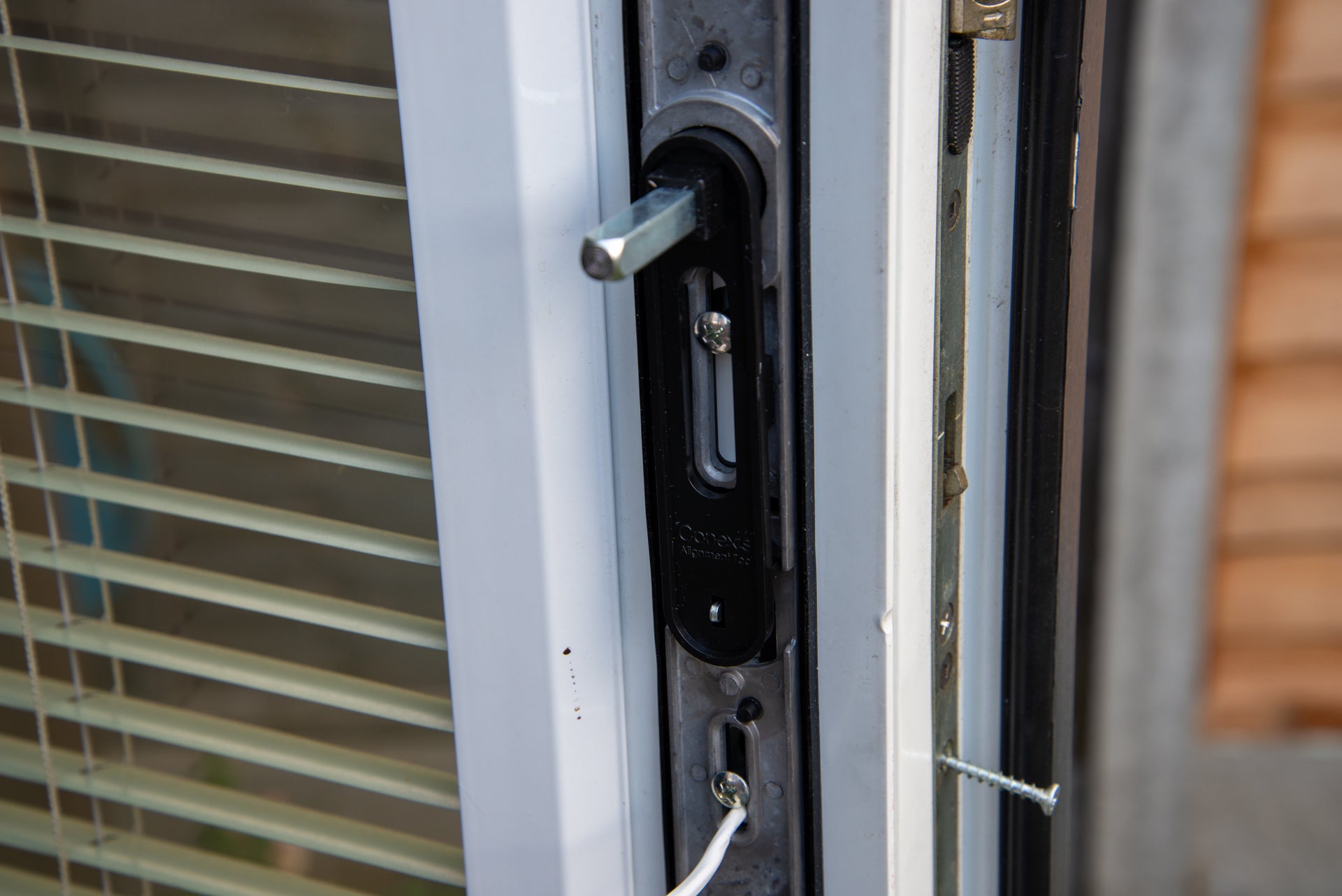
Knob Lock: The classic door lock option.
- Pros: Affordable, familiar mechanism, easy installation.
- Cons: Vulnerable to forced entry, exposed to weather, not ideal for external doors.
- Best for: Internal garage doors or sheds.
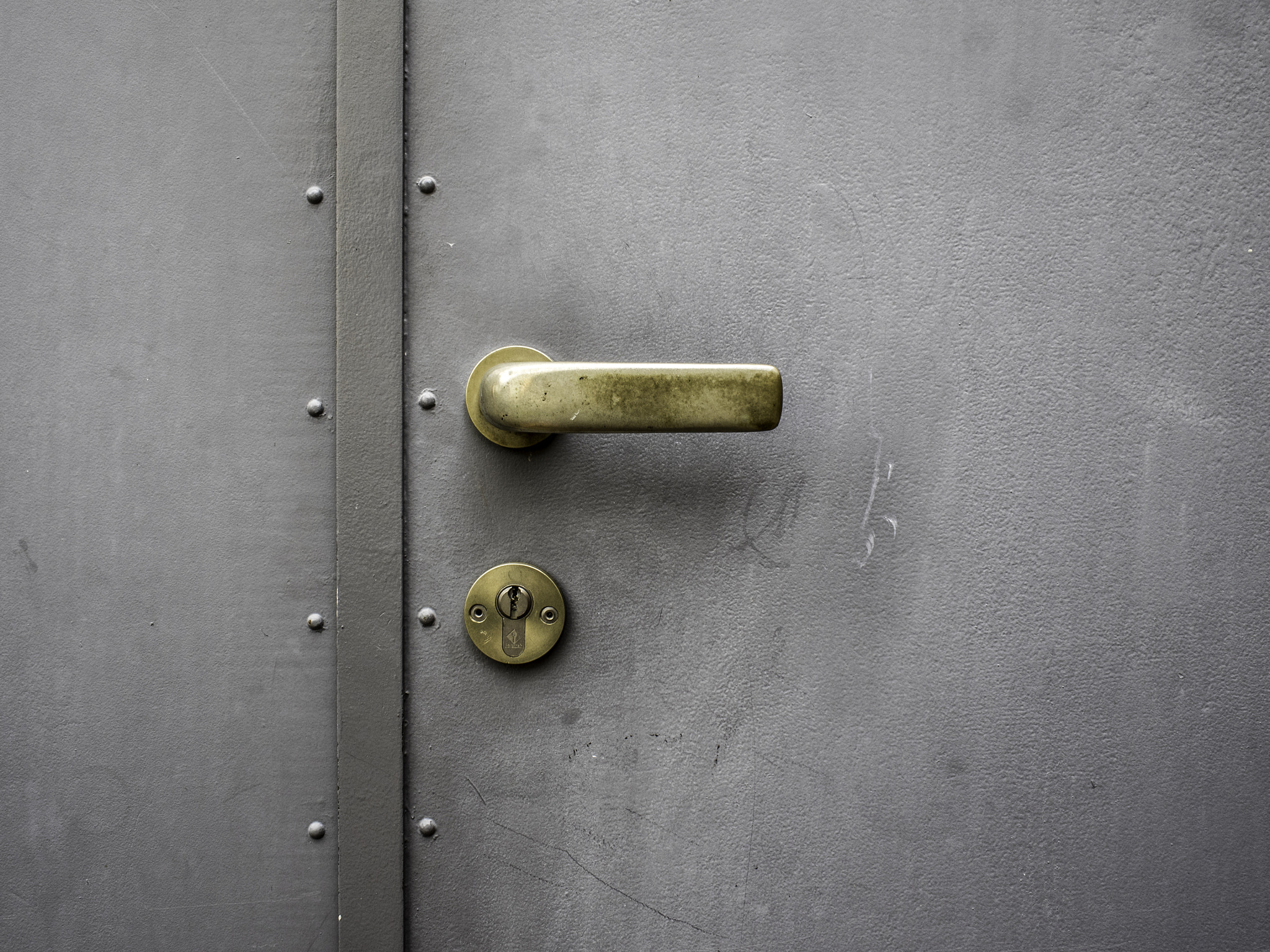
Cam Lock: Discreet and hidden, ideal for cabinets or toolboxes within the garage.
- Pros: Discreet, affordable, good for internal security.
- Cons: Limited strength, unsuitable for securing the entire door.
- Best for: Additional security on internal storage units.
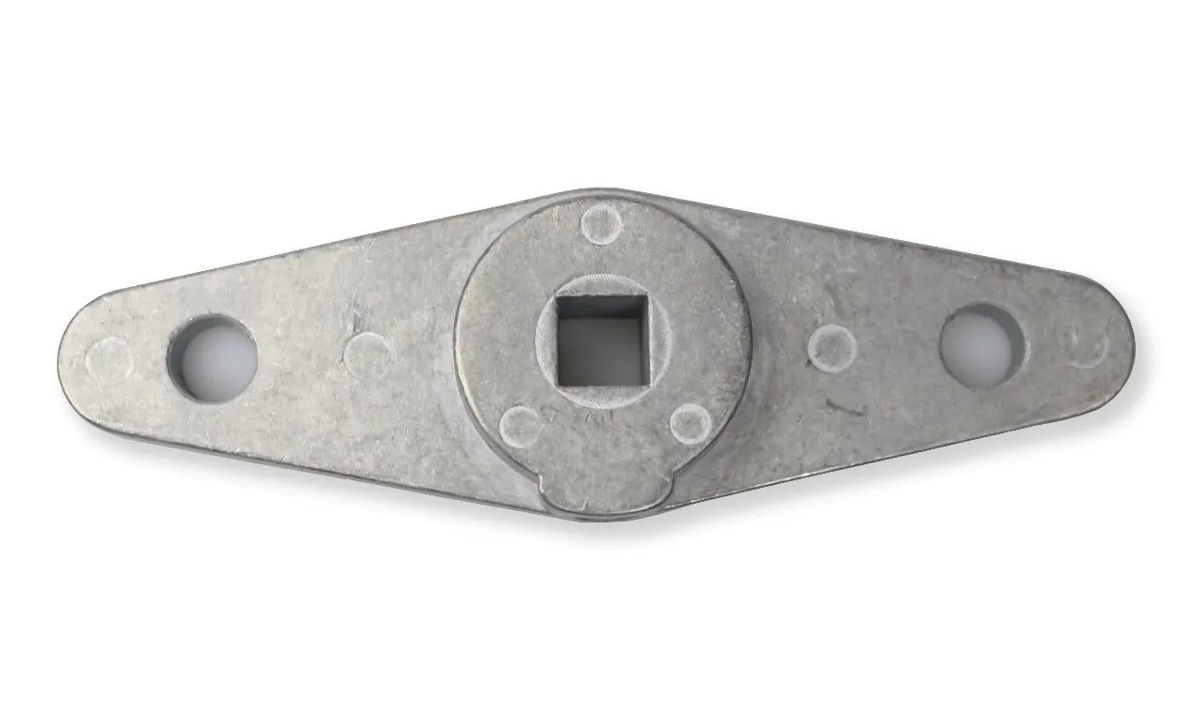
Enhanced Security:
Deadbolt Lock: The heavyweight champion of the lock world.
- Pros: Superior resistance to prying, hammering, and drilling. Available in single, double, and vertical cylinder options for varying access and safety needs.
- Cons: More expensive, the installation might need pro help.
- Best for: Primary security measure for high-value garages.
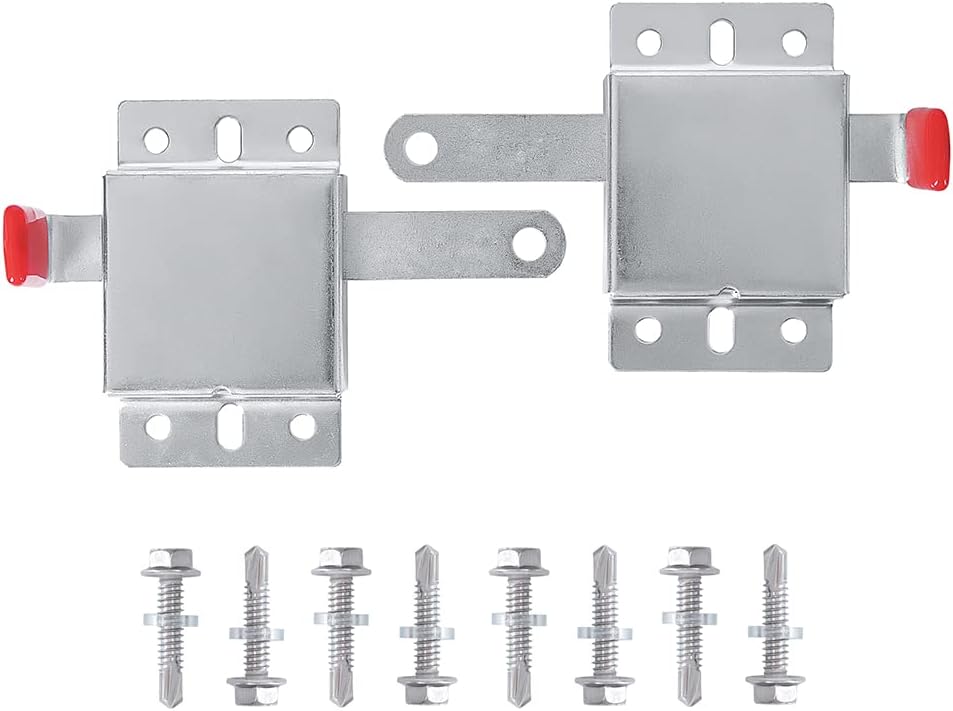
Padlock: The portable security veteran.
- Pros: Versatile, can be used on multiple items, visible deterrent.
- Cons: Vulnerable to bolt cutters, requires manual locking/unlocking, only secures specific items.
- Best for: Extra protection on bikes, tools, or secondary doors. Choose hardened steel shackles for enhanced protection.
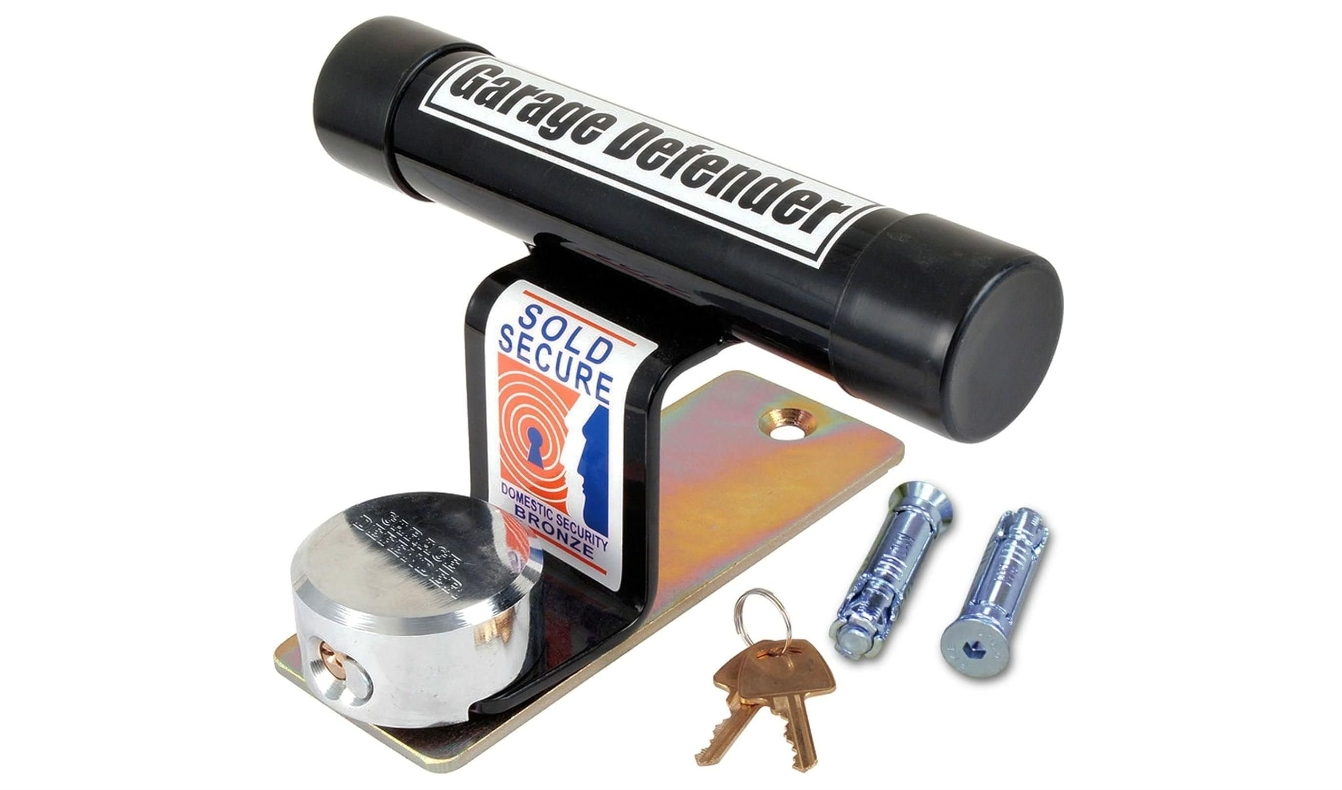
Mortise Lock: The embedded powerhouse for heavy-duty doors.
- Pros: Exceptional strength and stability, tamper-proof mechanism, ideal for high-security garages.
- Cons: Complex installation requiring professional expertise, more expensive.
- Best for: Maximum security for premium garages and valuable contents.
Convenience Champions:
Keypad Lock: Ditch the jangling keys! Operate with custom codes.
- Pros: Keyless entry, multiple user codes, some models offer stronger locking mechanisms than T-handle locks.
- Cons: Battery dependent, code hacking risk, complex installation for certain models.
- Best for: Those prioritizing convenience and eliminating physical keys. Choose models with strong code encryption and consider professional installation if needed.
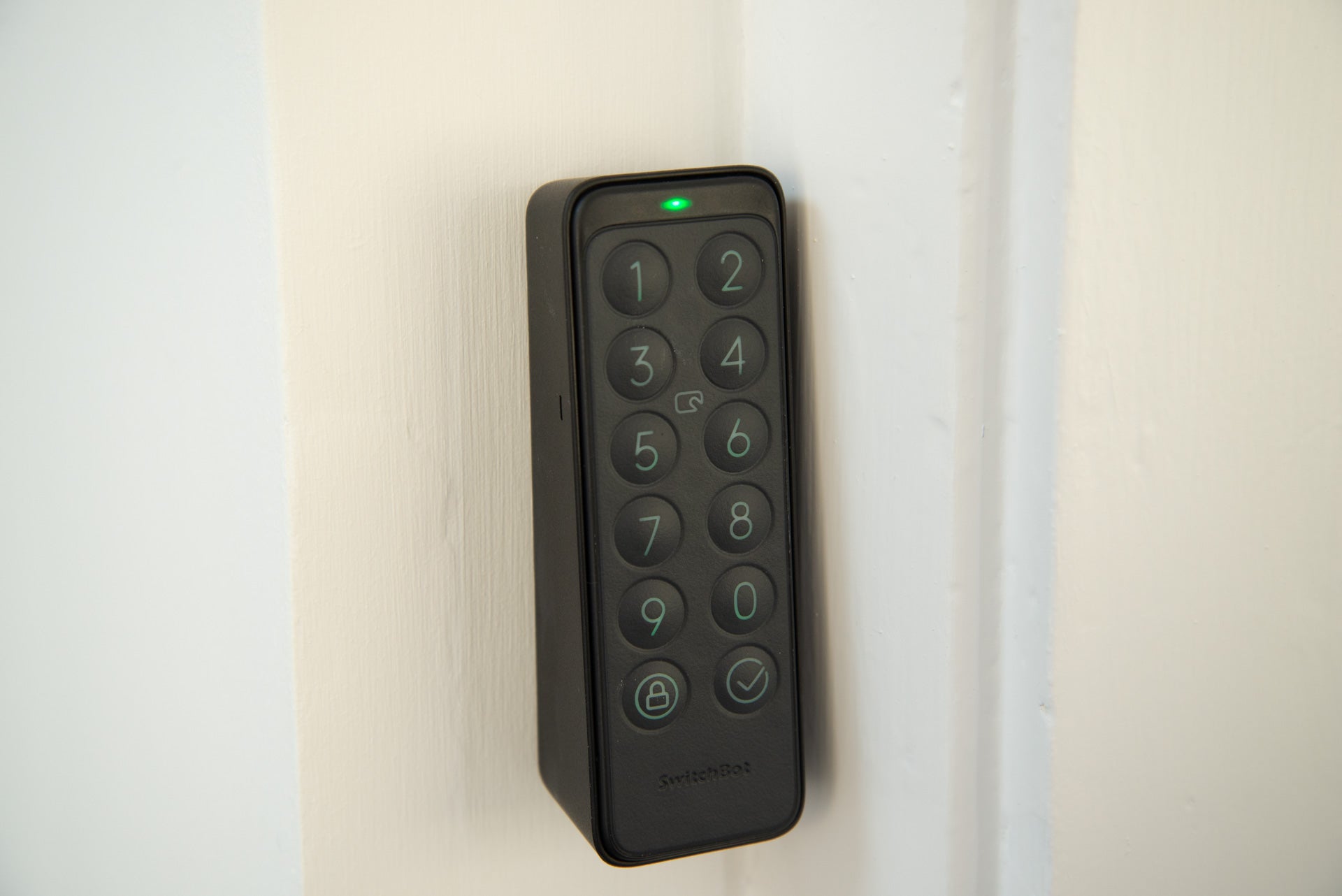
Sliding Bolt Lock: Internal lock offering additional security.
- Pros: Affordable, easy to install, adds an extra layer of protection.
- Cons: Not as strong as deadbolts, only secures from the inside.
- Best for: Deterring casual attempts and internal locking on secondary doors.
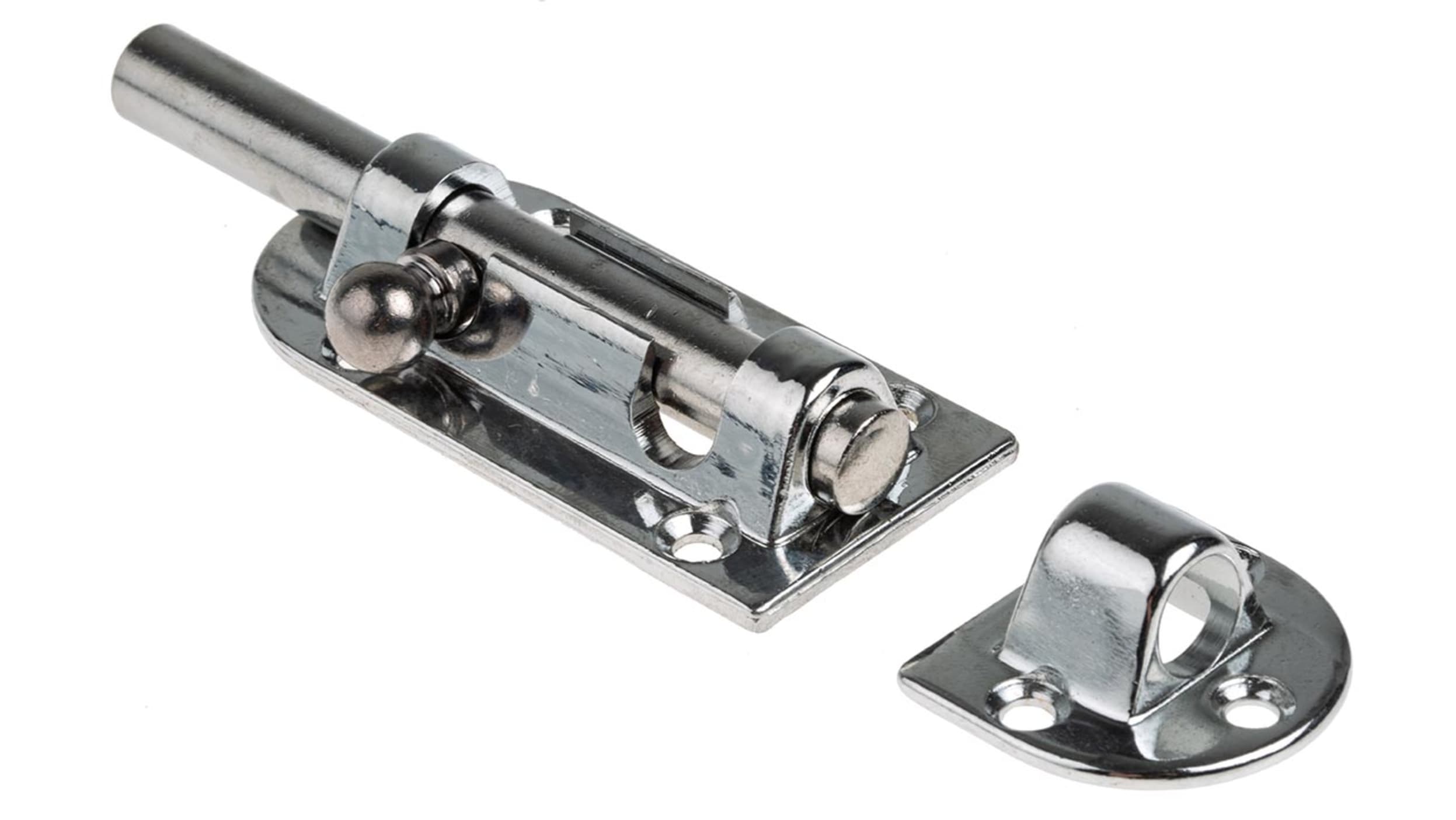
Have a look at: Steel vs Aluminum Garage Doors (Comparison)
Specialty Solutions:
Rolling Steel Door Lock: Made for rolling steel garage doors, these offer heavy locking instruments and weather resistance.
- Pros: Robust security, weatherproof, ideal for rolling steel doors.
- Cons: Less common than traditional locks, specialized installation might be required.
Garage Door Opener Release Lock: Provides additional security by preventing unauthorized activation of the garage door opener from inside the garage.
- Pros: Deters forced entry through garage door opener activation, affordable, easy to install.
- Cons: Only protects against one specific entry point, not a primary lock solution.
Chain Lock: A classic, physical barrier for added security.
- Pros: Highly visible deterrent, strong resistance to cutting, versatile for securing other items.
- Cons: Bulky and cumbersome, time-consuming to lock/unlock, not aesthetically pleasing.
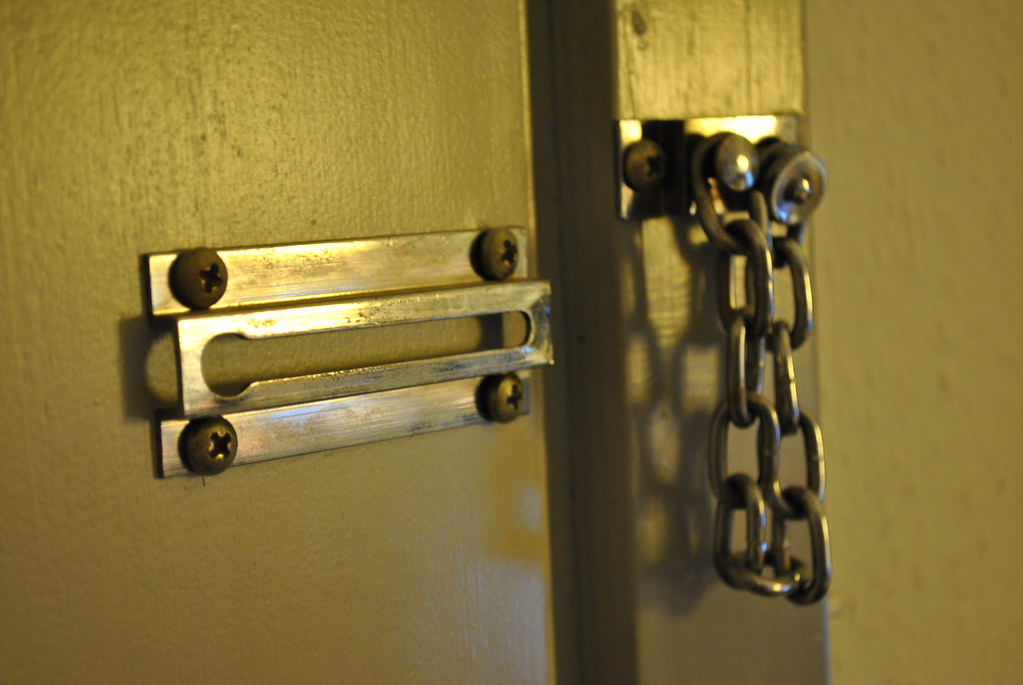
Hasp and Staple: Offers a simple yet effective way to secure doors or cabinets within the garage.
- Pros: Affordable, easy to install, good for internal security on sheds or toolboxes.
- Cons: Not as strong as deadbolts, vulnerable to forced entry with tools.
Barrel Bolt Lock: Provides a simple sliding lock mechanism for internal doors or cabinets.
- Pros: Affordable, easy to install, discreet security for internal use.
- Cons: Not suitable for external doors.
Which Garage Lock Is The Most Secure?
The truth is, there’s no one-size-fits-all answer to the “most secure” title. The ideal lock depends on your specific needs and threat landscape. Let’s delve into the pros and cons of different lock types to help you make an informed decision:
Keyed Locks
Traditional keyed locks, like deadbolts, hold a certain nostalgic charm and offer undeniable advantages. They’re resistant to hacking, as there’s no digital vulnerability to exploit. Additionally, they’re generally affordable and easy to install, making them a popular choice for budget-conscious homeowners.
However, keyed locks aren’t without drawbacks. Lost keys can cause major headaches, and spare keys pose a potential security risk if they fall into the wrong hands. Furthermore, keyed locks lack the convenience and flexibility of their electronic counterparts.
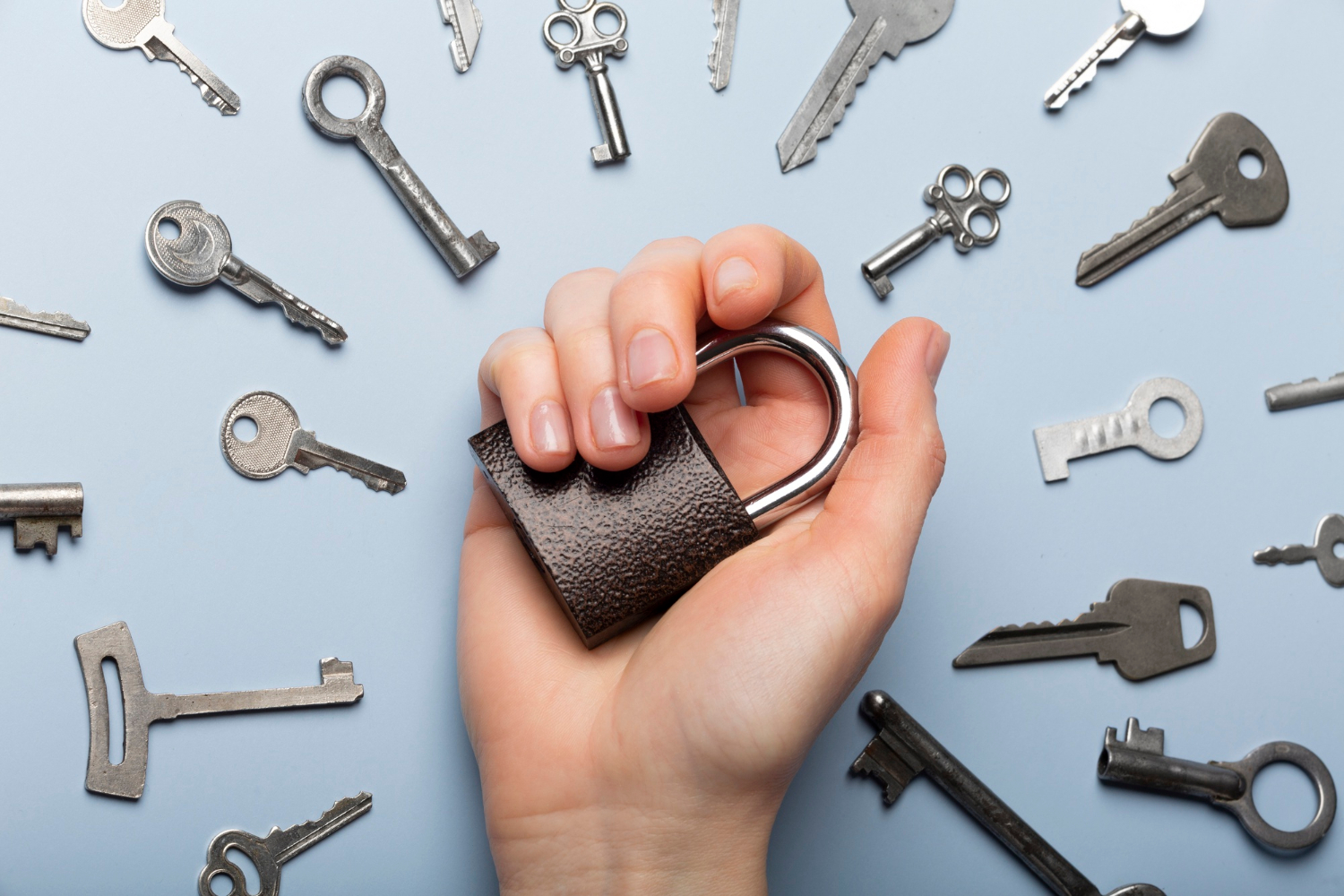
Electronic Locks
Smart locks and automatic deadbolts are rapidly gaining traction, offering a blend of high security and unparalleled convenience. They are boosting security against lockpicking and lost key woes. Additionally, features like access logs and remote locking/unlocking grant you greater control over your garage, allowing you to monitor activity and grant temporary access as needed.
Of course, the digital nature of electronic locks introduces a new vulnerability – hacking. But fear not, proactive measures can significantly mitigate this risk. Choose the ones with strong encryption protocols, routinely update software, and opt for two-factor authentication when available. Remember, prioritizing security during the initial purchase, by choosing reputable manufacturers with proven track records, goes a long way.
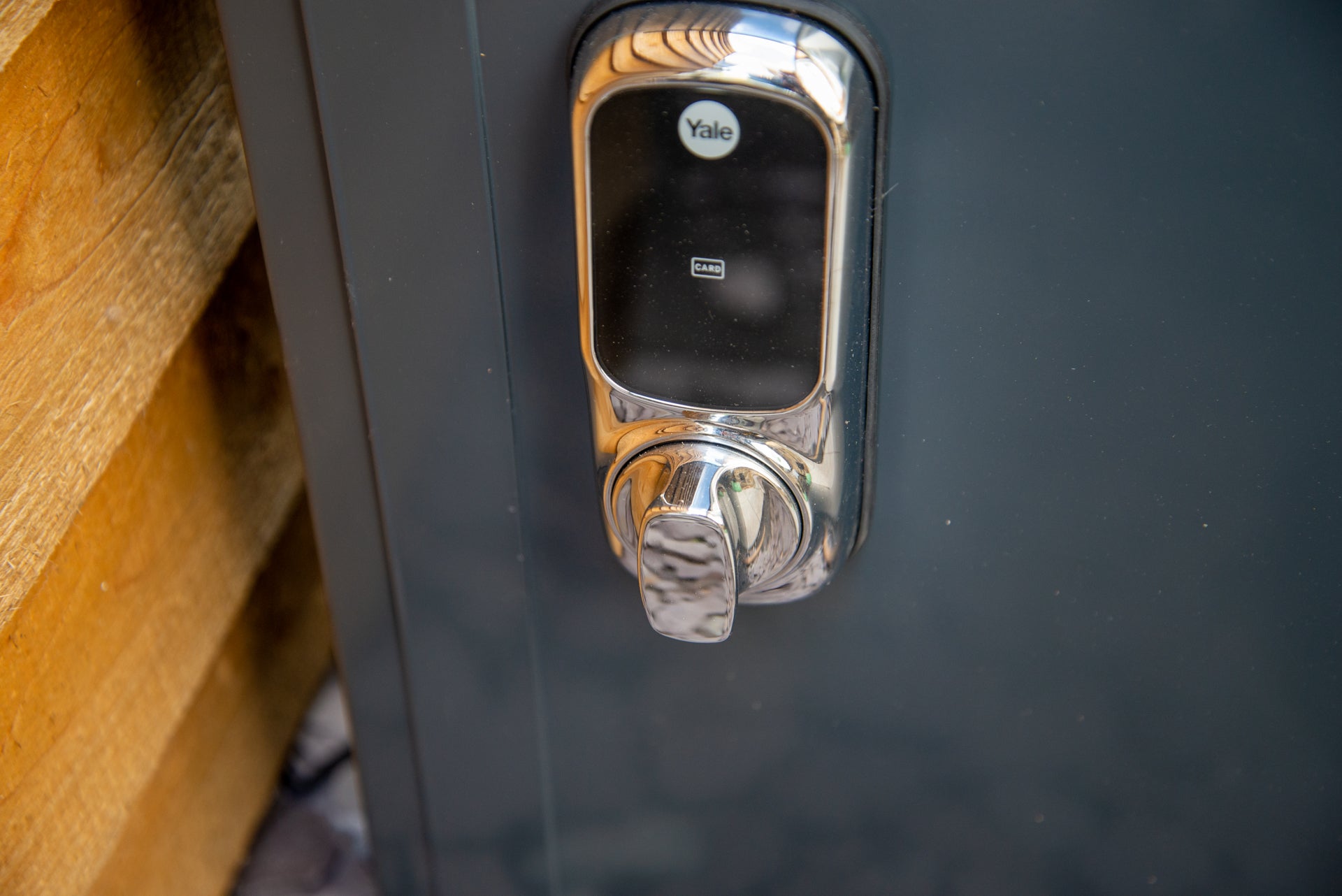
You may also check: 5 Steps To Fix Garage Door Sensor Forever
How To Choose The Right Garage Door Lock
Forget blanket “best lock” claims. The ideal lock for your garage hinges on understanding your specific needs and vulnerabilities. Consider these key factors:
- Door Type: Different doors present different weaknesses. Roller doors, for example, might benefit from bullet locks that resist prying, while sectional doors might be better suited for deadbolts. Knowing your door type allows you to target specific vulnerabilities.
- Budget: Prioritize your budget based on the value of your stored items. If your garage houses expensive tools or equipment, investing in a high-security lock like a multi-point deadbolt makes sense. For occasional storage, a simpler option might suffice.
- Maintenance: Seaside properties face increased corrosion risk, necessitating weather-resistant locks like stainless steel. Regularly used locks benefit from easy maintenance features like lubrication points.
- Number of Locks: Consider convenience and security. One main lock might be sufficient, but additional locks on side doors or access points can offer extra peace of mind.
- Visual Deterrent: Some locks, like heavy-duty padlocks, offer a visible deterrent effect, potentially discouraging casual opportunists.
- Ease of Access: If frequent garage entry is your norm, prioritize quick and convenient unlocking methods like keyless entry or smartphone integration.
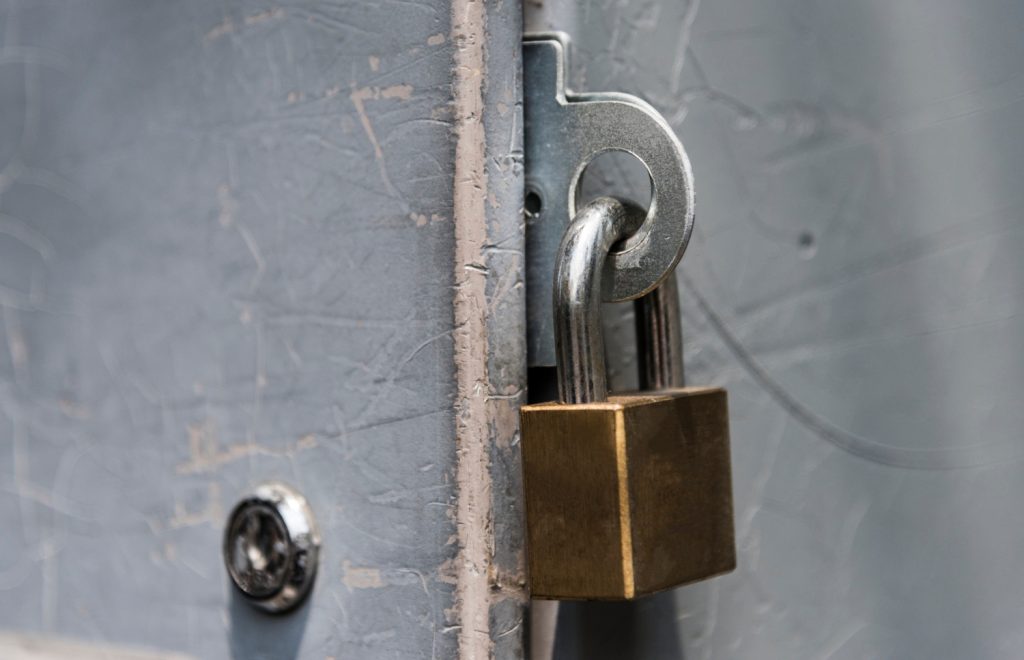
Beyond the Lock
Remember, a lock is just one piece of the security puzzle. Fortified defense comes from a multi-layered approach:
- Reinforce the Door: Upgrading your door material to steel or adding reinforcement plates to vulnerable areas can significantly deter break-ins.
- Motion Sensors & Alarms: Consider a security system with motion sensors and alarms to deter and alert you to unauthorized activity.
- Proper Maintenance: Regularly inspect your lock and door for wear and tear, and address any issues promptly.
Can You Install A Garage Door By Yourself?
Even for seemingly simple keyed locks, manufacturer instructions should be your gospel. These guides are tailored to the specific lock model and its compatibility with your garage door type. Don’t underestimate the power of clear instructions and diagrams, especially for first-time installers.
While basic screwdrivers and wrenches might suffice for some keyed locks, others might require specialized tools like drill bits or hole saws. Factor in the cost of acquiring these tools for a one-time project versus the relatively modest fee of professional installation.
Additionally, certain locks, particularly intricate electronic models, might demand expertise beyond basic handyman skills. In such cases, professional installation ensures everything is done correctly, preventing compatibility issues, malfunctioning locks, and potential security vulnerabilities.
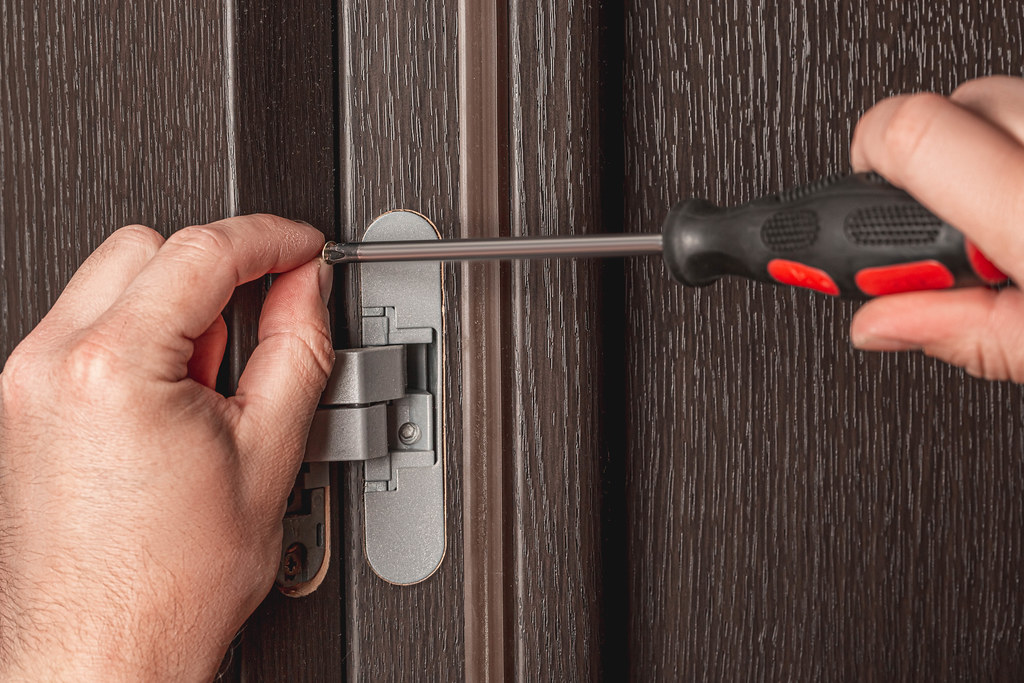
Give it a read: 7 Best Garage Door Insulation Kits
Do You Need A Professional To Install A Garage Door Lock?
Let’s face it, time is precious. If your schedule is already bursting at the seams, DIY installation might not be the most practical option. Hiring a professional can save you valuable hours, allowing you to focus on other priorities while your garage door receives expert attention.
Many professional locksmiths and garage door technicians offer warranties on their installation work. This provides valuable peace of mind, knowing that any issues arising from improper installation will be rectified at no additional cost. This guarantee is often absent in DIY situations, leaving you responsible for fixing any mistakes.
Ultimately, the decision to DIY or seek professional help boils down to a personalized assessment of your skills, comfort level, and the specific lock you’ve chosen.

